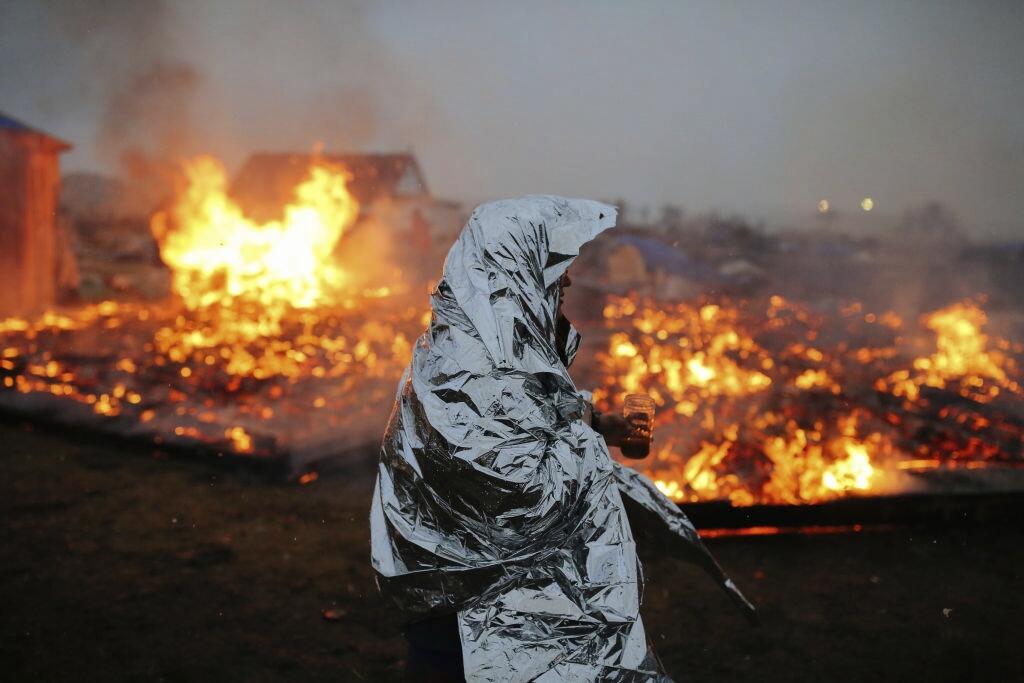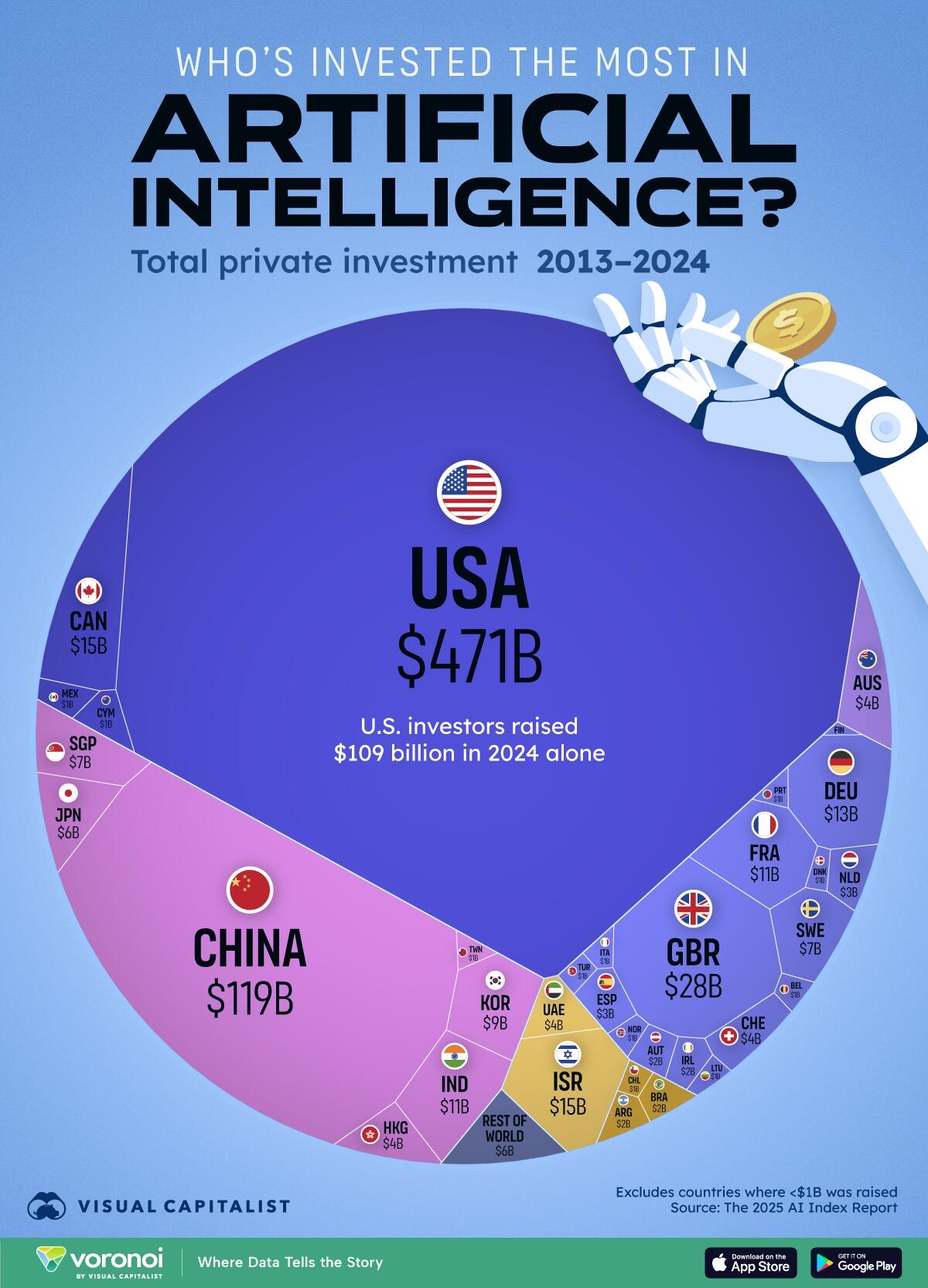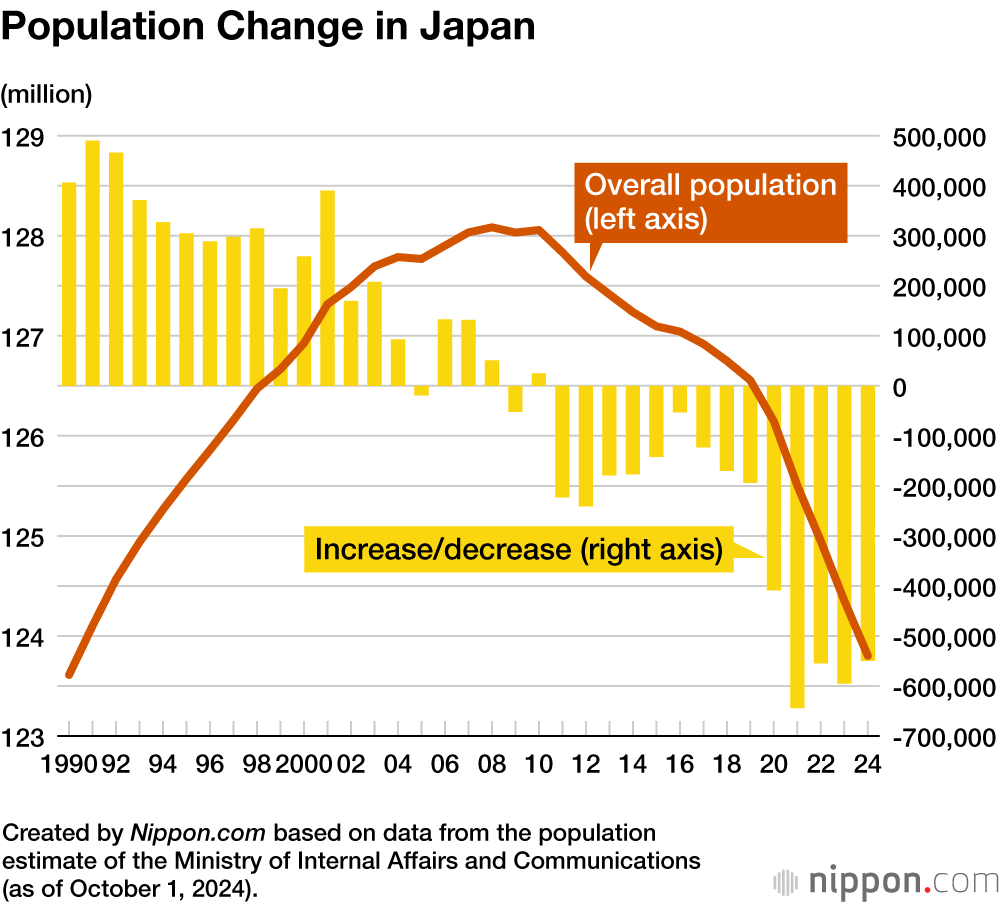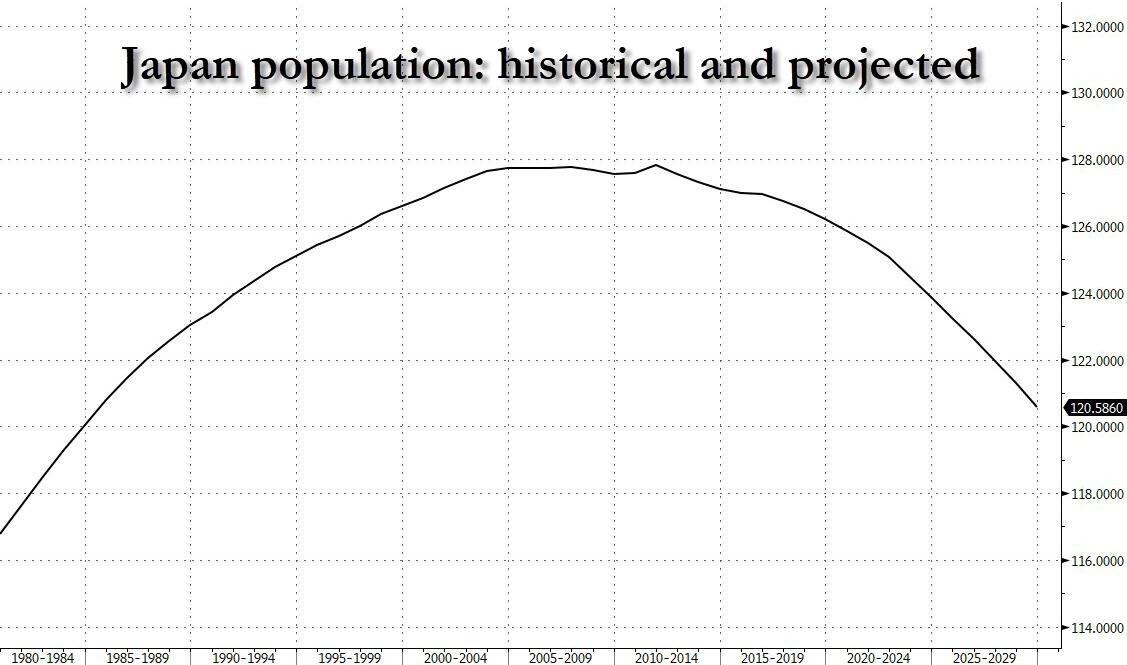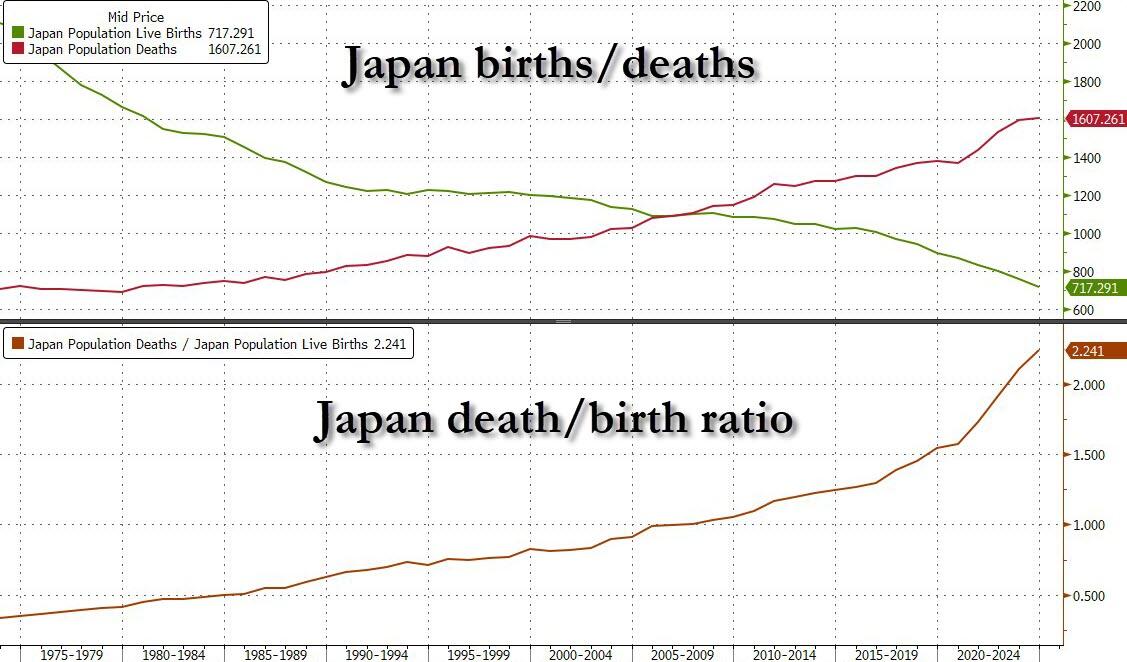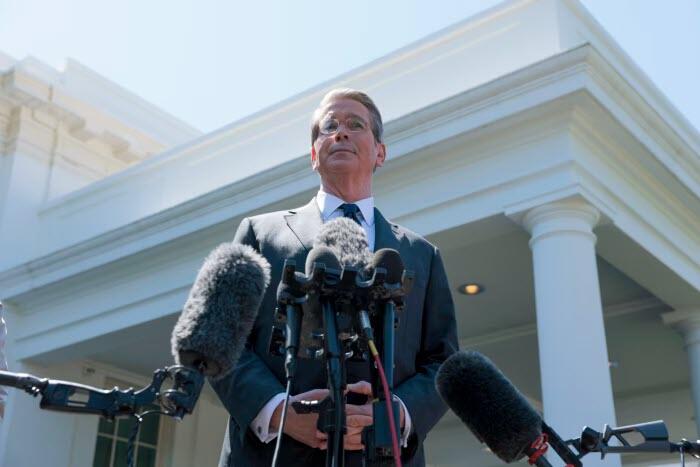Superb article on complex systems and how little we understand and can manipulate them. This includes the Earth biosphere, the human body and here, the economy with a deep dive into the laws of unforeseen consequences below. Fascinating!
The next domain of this enquiry is of course Artificial Intelligence which is fast approaching AGI (Artificial General Intelligence) or more commonly, human intelligence and will soon after morph into ASI (Artificial Super Intelligence). Whoever tells you that it is all under control has very little clue about the complexity of the systems!
Authored by Jeffrey Tucker via The Epoch Times,
The U.S. economy is complex. So is the global economy. They are not just complicated but complex, and there is a difference.
Complications can be studied, understood, and possibly managed with systems of intelligence.
Complex systems evade that. There are too many moving pieces, uncertainties about the weight of causal factors, unanticipated secondary effects, the presence of relentless change, plus myriad exigencies of human choice.
Economics as a science and profession prefers to deal with solvable complications, which is why all models frame factors into buckets of causal relationships. The favorite phrase is Ceteris Paribus: when all else is equal. It means that such and such is true provided there are no other intervening changes and factors that make it untrue. This is how economic logic works.
It is an enormously valuable science for understanding unchanging conditions. It becomes less valuable once it purports fully to understand the whole while changing factors in the mix, Attempts to manage economic life set off forces no model can anticipate. Which forces? No one can predict those either.
Think of macroeconomics as a giant Jenga puzzle with blocks built out of every economic force you can name: monetary policy, government spending, debts and deficits, consumer demand, loan markets, financial markets, national affairs, international affairs, taxes, prices, expectations, confidence, exigencies of response to changes, entrepreneurial innovation, the shifting labor force, demographics, supply chains, natural resources, cost calculations, and so much more, up to possibly infinity.
As with the game Jenga, you can pull out one piece, several, maybe many, and the structure will still stand. The reason the game is fun is that no player knows for sure which pull of a block will send the whole thing tumbling all over the table. Everyone screams in amazement that it stood this long, and no one can explain for sure precisely why this one last move caused the collapse.
Perhaps that is not a satisfying way to think. Intellectuals don’t like to imagine there is some system outside of their understanding or control. That’s why they render every complex system as one that is merely complicated.
In 1945, F.A. Hayek wrote a piece in the American Economic Review that tried to explain this. It was called “The Use of Knowledge in Society.” It argued that too many economists assume away the very essence of the problem in need of solving:
“The peculiar character of the problem of a rational economic order is determined precisely by the fact that the knowledge of the circumstances of which we must make use never exists in concentrated or integrated form but solely as the dispersed bits of incomplete and frequently contradictory knowledge which all the separate individuals possess.”
He concluded: “To assume all the knowledge to be given to a single mind in the same manner in which we assume it to be given to us as the explaining economists is to assume the problem away and to disregard everything that is important and significant in the real world.”
Ouch.
This article became the most cited piece Hayek ever wrote, and one of the most often cited articles in the whole of economic literature. There was only one problem: taking it seriously would mean that most of what economics did would have to come to an end. In the intervening 80 years, not much has changed. Economics as a discipline has yet to absorb the lessons he offered.
I’m writing as many forces are colliding at once in the real world. Financial markets are terrified of an impending recession (supposing it is not here already). The new U.S. president is determined to deploy every tool to reconstruct trading relationships around the world, meaning mainly the tariff.
You can make a strong case for tariffs as a tool of revenue. There are conditions under which the tariff can operate as a tool of industrial protection, too. This is different. Tariffs bear the burden of rebuilding production processes that have unfolded over half a century.
The beef with the trading order as it existed for decades is that it depleted America’s manufacturing strength. It seemed as if China was becoming the producer to the world and not much was left for the United States, apart from the export of financial and data services plus raw materials.
In theory—and this was mapped out by the new head of the Council of Economic Advisors—the tariff could serve as a proxy for currency settlement that has eluded the world since 1973, when Nixon overthrew the gold standard.
The theory, as always, works on paper. But as with all models—perfect blueprints for navigating the Jenga tower of world economic affairs—we do well to ask what contingencies they are not foreseeing. Just how easy it will be to restore U.S. manufacturing using tariffs is highly contingent on an accurate reading of the extent to which U.S. standards of living are contingent on existing trading relationships.
No one has a clear answer on that.
That leaves financial markets guessing in a sea of uncertainty. They do not like that. As the new realities are starting to dawn—namely, the overthrow of 80 years of policy with a new plan hatched by just a handful of people—traders have become very nervous.
What exactly is the Fed’s role here? How many industries have to be bailed out given obvious sufferings? How much pain are we really willing to tolerate as we await the dawning of the new golden age?
These are hard questions. The soaring price of gold indicates a flight to safety. That’s not a vote of confidence in what is unfolding. A plan on this scale that once took the best and brightest the better part of 15 years to consider and deploy—speaking here of the Bretton Woods architecture built following World War II—is being unleashed in so many weeks, but with an even grander vision and the strong likelihood of prolonged retaliatory measures.
There is simply no possible way that every contingency has been considered here, and thus do we have this stop-and-start system of trade negotiations that looks very much like improvisation.
Looming large over all these efforts is the political timing. There are midterms. There is a presidential election in three and a half years. The last one was largely decided based on economics, the desire on the part of so many to stop the inflation and restart growth. Inflation has indeed been crushed. Not even the imposition of tariffs seems to have changed the real-time trajectory of downward prices.
How long can that last? No one knows for sure. We are in no-man’s land of policy impositions, and that stands atop great uncertainty about the implications of putting a hard stop on many decades of low-tariff or at least stable-tariff trade ambitions. We can argue about this all evening at a cocktail party, but real life doesn’t afford that luxury. This is real life now.
Again, economics is complex, meaning evasive of anyone’s full comprehension of the import of dramatic changes as pushed by a single regime. It’s for this reason in part that the default for policy bias should always be toward the old-fashioned values: balanced budgets, sound money, non-punishing taxes, and maximum freedom for enterprise. Freedom permits flexibility to adapt to change. Any other scheme open up potentially grave risks concerning the impact on people’s lives.
You can call me a worrywart, but my concerns are based on long experience and doubts about the “best laid plans.” I genuinely hope that I’ve failed to see the hidden genius underlying a global trade war. My deeper fear is that we are dealing with a beast that can bite back in ways that could ultimately be devastating long-term. We don’t know precisely what might cause this fragile system to buckle and fall.
Everything that Trump has accomplished, and it is a long and meritorious list, is at stake. If bungling the economic piece of this ends up provoking regime change, I don’t even want to contemplate the implications of the reign of left-revanchism. This is why I would counsel caution above all else in the imposition of huge plans and rather stick to the tried and true, which is more freedom above all else.

